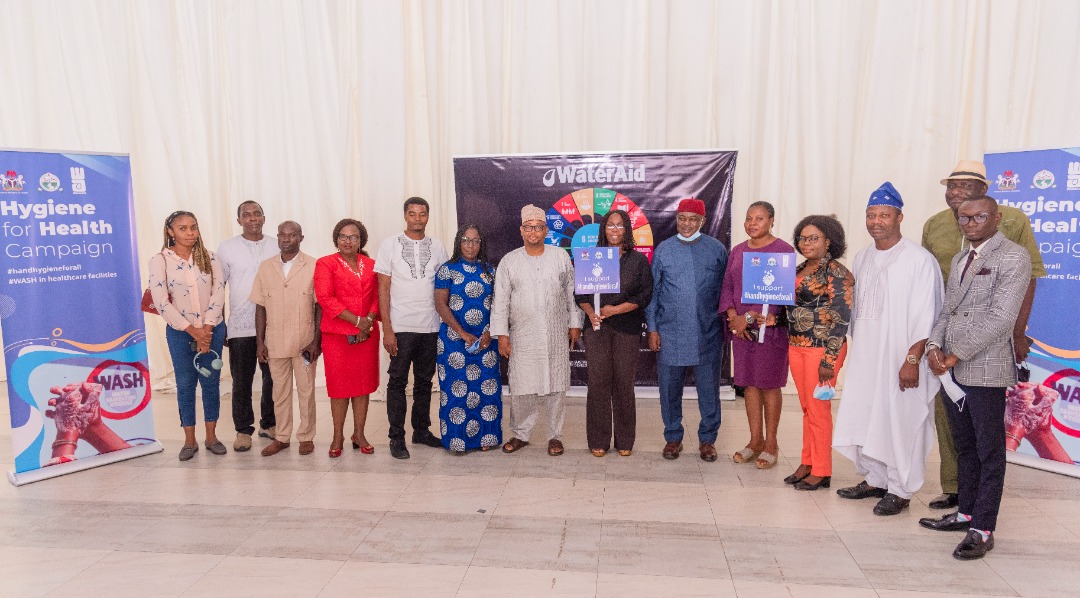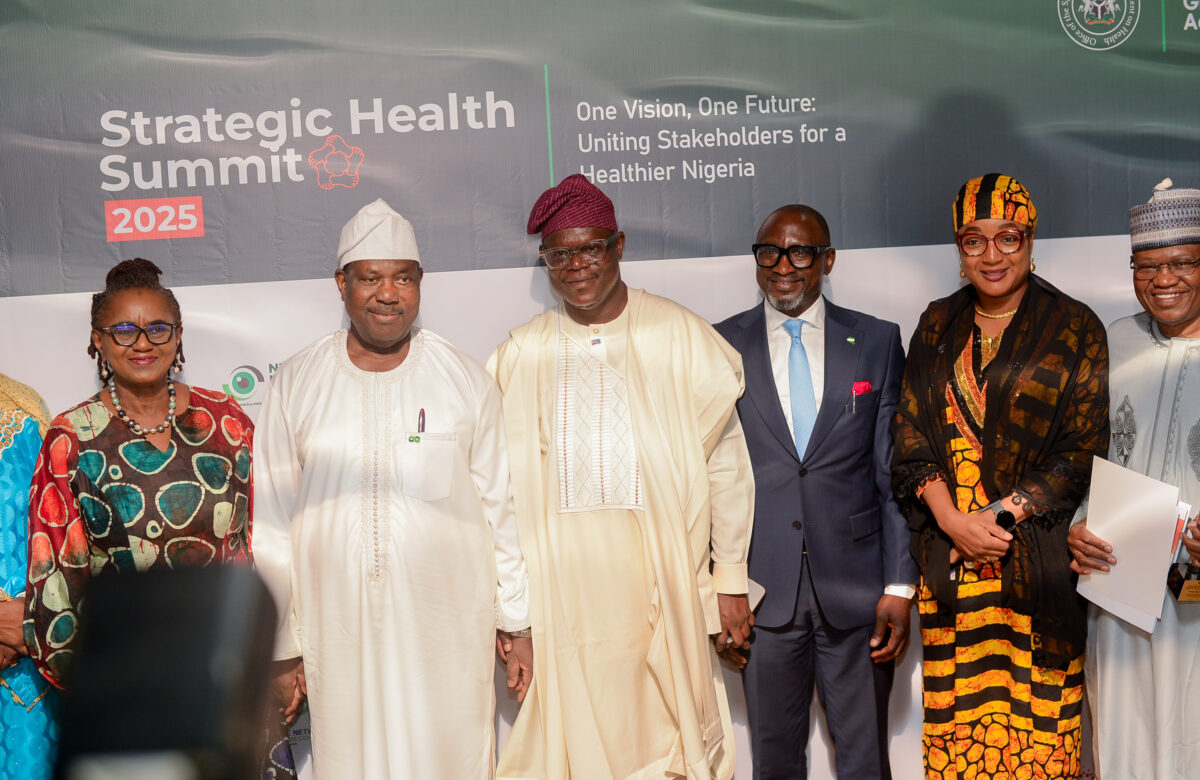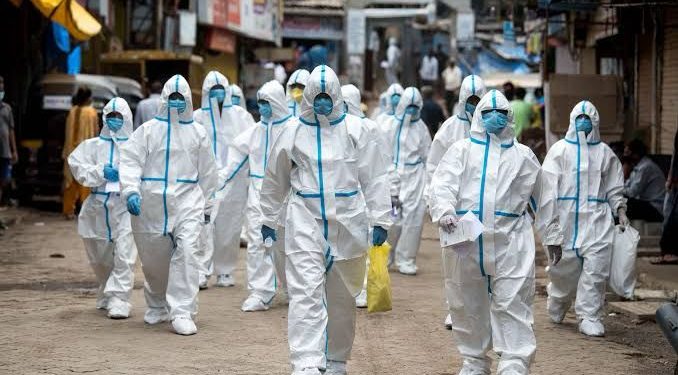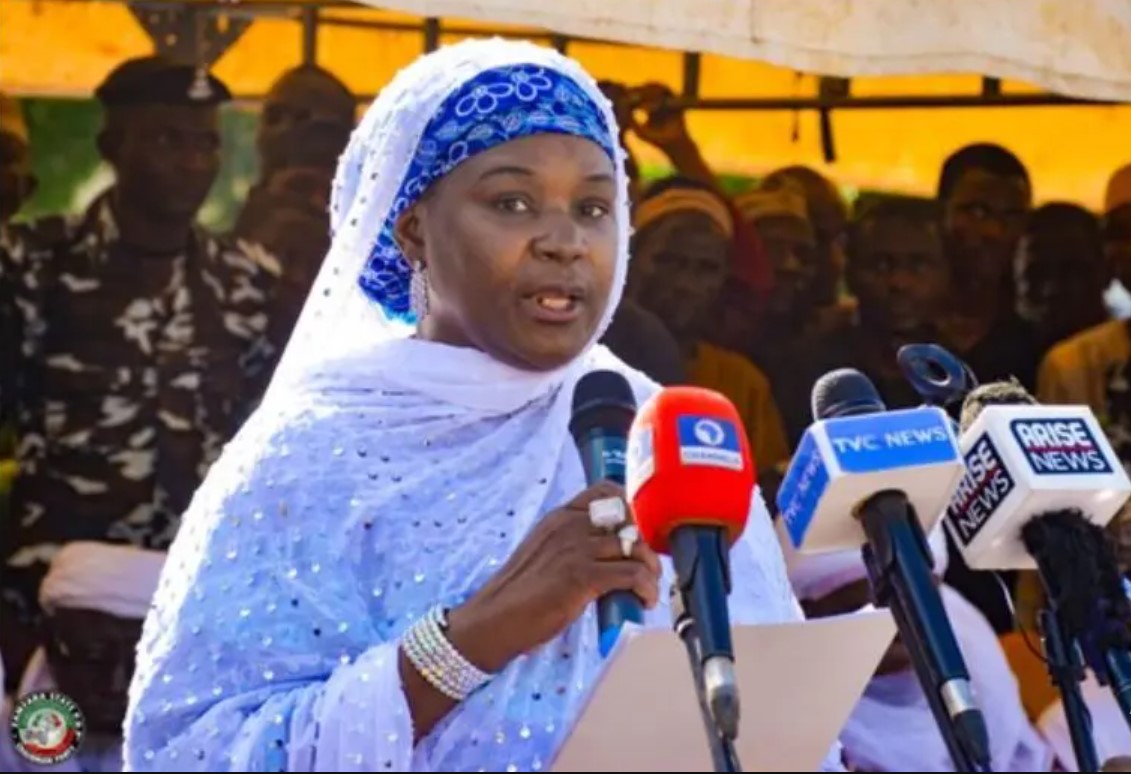
Nigeria launches Its Hygiene for Health Campaign
- Health Sector
- No Comment
- 618

Water Sanitation and Hygiene (WASH) services can help to prevent disease outbreaks and spread, reduce rates of hospitalization and cost of healthcare service delivery, especially in healthcare facilities and improve overall health outcomes which are critical to the achievement of SDG 6.
The vulnerabilities exposed by COVID-19 has highlighted the centrality of clean water, good sanitation and the practice of good hygiene behaviours such as hand-washing, as a first line of defense against infections and a critical component of pandemic preparedness. This is further heightened by the risk of the resurgence of Neglected Tropical Diseases, (NTDs) such as Soil-Transmitted Helminth (STH) and Schistosomiasis and Onchocerciasis.
To promote sustained investment into improving hand-washing behaviour among the population as well as support efforts to strengthen pandemic preparedness and response in Nigeria, WaterAid partnered with the Federal Ministry of Health (FMoH) and its National Primary Health Care Development Agency (NPHCDA) as well as other partners to launch the Hygiene for Health Campaign in Nigeria.
The Campaign is a regional effort by the WaterAid in West Africa to increase access to functional, safe, inclusive, equitable and gender responsive WASH facilities and services in healthcare facilities, schools etc. as an integral part of Universal Health Coverage and pandemic preparedness.
According to Evelyn Mere the Country Director of WaterAid in Nigeria, current statistics show sub-optimal levels of sanitation with adverse effects on health, livelihoods, education, gender equality, and socio-economic development in Nigeria at all levels.
The Campaign will therefore compliment government efforts to ensure WASH services improves in the country. It will also provide support to fast-track inclusion of WASH in the country’s UHC objectives in line with the World Health Assembly Resolution 72.2.
Mr. Job Ominyi a representative of UNICEF at the event highlighted support to the country by UNICEF. UNICEF committed to supporting the campaign to achieve its objectives in Nigeria. Dr Fatai Oyediran who represented the FMoH at the event also highlighted the importance of WASH services and that the FMoH is currently integrating WASH into all its disease programs; and supporting the States to do the same.
In her goodwill message, Mrs. Juliana Abude – Aribo, the Executive Director of the Legislative Initiative for Sustainable Development (LISDEL) represented by Mr. Ademuyiwa Damilola, the Program Manager of LISDEL, reiterated that to protect the progress made towards achieving UHC, strengthening epidemic preparedness and response is very critical. Hence, the Campaign is a right step taken in the right direction.
The Campaign launching workshop that had participants from several organizations held on the 14th of October, 2021. Some important observations and recommendations made and raised during the meeting among many others included:
• Strategic engagement and orientation of lawmakers on WASH issues and build capacities to be able to support and achieve WASH objectives at all levels;
• Review WASH Guidelines, SOPs and strengthen the TWG on WASH to be more active and vibrant; and Improve interagency collaboration and robust participation;
• Review the National School Health Policy;
• Include hand washing on the list of vaccines since it is the cheapest vaccination for a myriad of diseases;
• Validate the Costed Hand Hygiene National Roadmap and advocate for its funding.
Contributed by Ademuyiwa Damilola (LISDEL)
Edited by Juliana Abude – Aribo (LISDEL)





